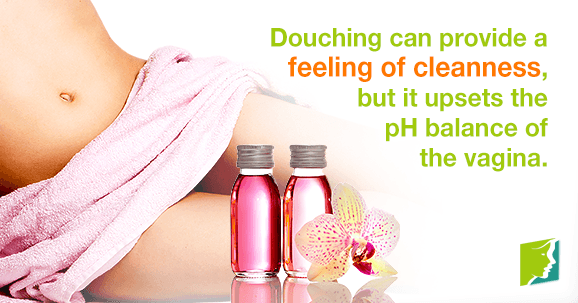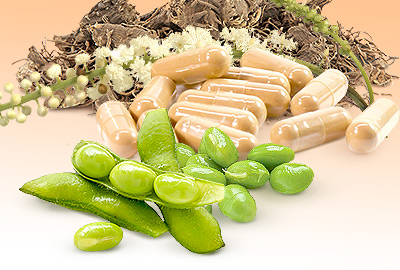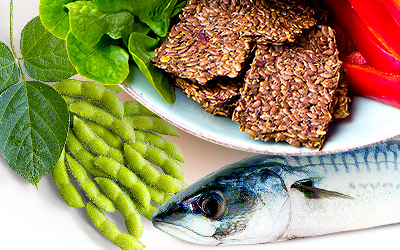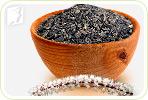A woman should always be cautious about the genital products she uses. The vagina is sensitively balanced, and the use of certain feminine hygiene products can disrupt this balance and cause irritation in the vaginal tissues. During perimenopause, a woman is more susceptible to vaginal dryness, itchiness, and pain due to changing hormone levels and natural thinning of vaginal tissues taking place. In these years, she therefore ought to be more careful than ever about the vaginal products she uses. Keep reading to discover the pros and cons of commonly-used vaginal products.
Intimate Washing Products
Pros:
The benefits of intimate washing products are personal hygiene-related, and this effect is maximized provided you use natural, soap-free cleansers. These cleanse without upsetting the pH balance of the vagina.
Cons:
Harsh vaginal cleansing products are ultimately harmful. Douching is a process where the inside of the vagina is rinsed either with a special solution, often after menstruation or sexual activity. Many women feel that douching is the most effective means of intimate cleansing, but in actuality it disrupts the vagina's natural self-cleaning mechanisms and rinses away bacteria and yeast, thus upsetting the internal balance and increasing the likelihood of contracting a yeast or sexually-transmitted infection. Fragranced shower gels and harsh soaps can also be harmful during menopause; these can intensify existing dryness and cause irritation in the vagina.
Over-the-Counter Creams and Lubricants
Pros:
Using a water-based lubricant during sexual intercourse will facilitate comfortable penetration without causing vaginal dryness. Outside of intercourse, vaginal moisturizing creams can counter dryness and stimulate lubrication production in the genital tissues to boost general vaginal health, provided they are hormone-free, fragrance-free creams that contain vitamin E, water, and lipids.
Cons:
Estrogen creams are widely publicized as an effective treatment for vaginal dryness; these are a form of hormone replacement therapy (HRT). HRT restores estrogen levels lost during menopause to help regulate hormone-driven symptoms. While HRT has been found to be effective, it is a drastic treatment option that has been linked with serious health conditions, including an increased risk of cancer and heart disease. It is best to consider HRT only after trying natural cures, and after a thorough consultation with your doctor.
Natural Vaginal Products
Pros:
Coconut oil and olive oil are natural vaginal moisturizers that are rich in vitamin E and health-boosting antioxidants to promote long-term vaginal health. They are also generally more affordable than most vaginal creams.
Cons:
The downside of using natural products to treat vaginal dryness is that their effects may take longer to notice than prescribed medications. They may also be less effective in cases of severe dryness.
There's no reason not to use vaginal products during perimenopause provided you are careful about the ones you choose. Long-term genital health is dependent on nourishing the vaginal tissues with hydrating compounds over time, without looking for quick-fix solutions that restore hormonal balance or personal hygiene at the expense of your body's well-being.
Sources
- Better Health Channel. (2013). Hysterectomy. Retrieved June 18, 2014, http://www.betterhealth.vic.gov.au/bhcv2/bhcarticles.nsf/pages/Hysterectomy?open
- National Health Service Direct. (2010). Vaginal Dryness. Retrieved June 18, 2014, http://www.nhsdirect.nhs.uk/~/media/Selfcare/FemaleSexualHealth/VaginalDryness.ashx
- National Health Service UK. (2012). Sex after the menopause. Retrieved June 18, 2014, http://www.nhs.uk/Livewell/women4060/Pages/sex-after-the-menopause.aspx
- National Institutes of Health. (2011). Vaginal dryness: MedlinePlus Medical Encyclopedia. Retrieved June 18, 2014, http://www.nlm.nih.gov/medlineplus/ency/article/000892.htm




